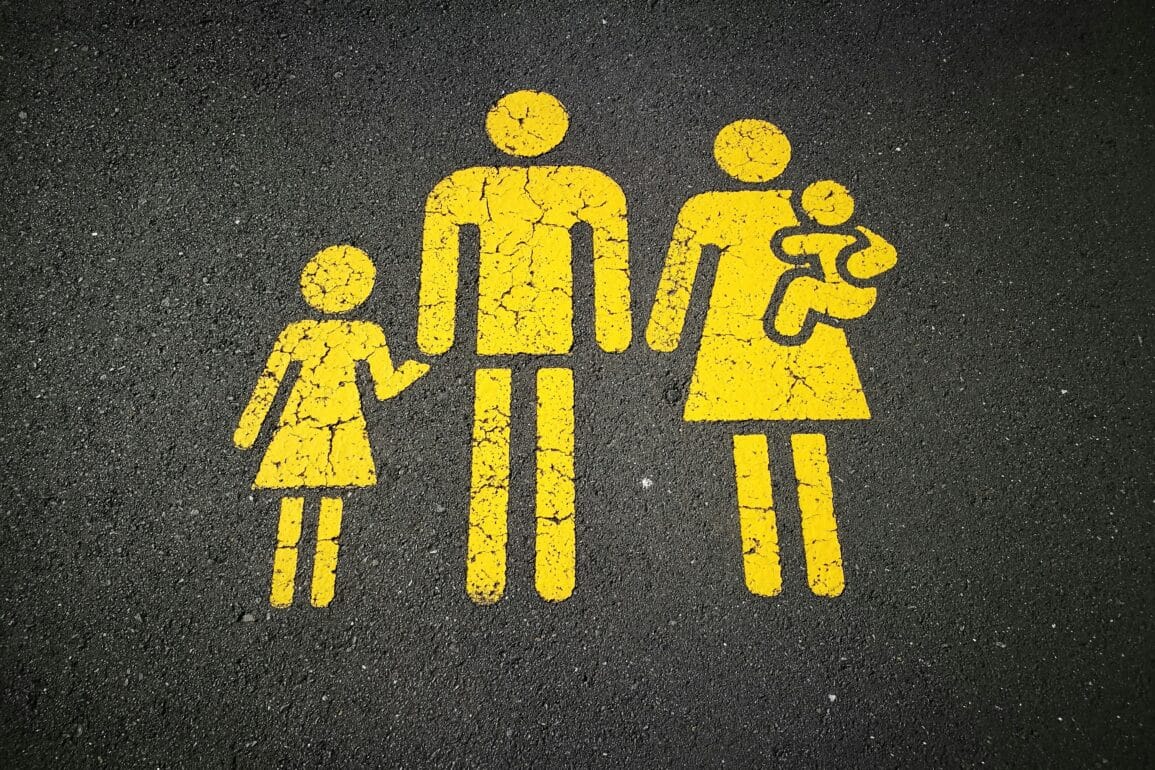The Dicastery for the Doctrine of the Faith published yesterday, April 8, “Dignitas Infinita” on human dignity, in which it insists that euthanasia, gender theory or abortion constitute great threats to human dignity.
The new document, made up of 68 points and signed by the prefect of the Dicastery, the Argentine theologian and cardinal Víctor Manuel Fernández, was approved by Pope Francis on March 25 and, although it does not show substantial modifications concerning the magisterium already established in The Donum vitae and Evangelium vitae, in addition to that issued by Saint John Paul II, Benedict XVI and Francis himself, specify aspects that have been interpreted ambiguously from many sectors, even from the Church itself. The language is clear and concise, which is appreciated.
It seems that its wording has not been easy and, since its proposal in 2019, it has had to be revised and reformulated several times, at the request of Francis himself, until its final wording now released.
The document is based on the idea of the inviolability of the dignity of the human being, which every person, individual of the human species possesses during their entire life stage and in all circumstances, even immaturity, dependence, or incapacity.
It distinguishes ontological dignity, which cannot be conferred or withdrawn, from other conceptions of dignity, such as moral, social or existential, whose assessment can be subject to circumstances such as the exercise of one’s own freedom even against dignity itself, injustice or vulnerability. But it emphasizes, and this is important to undo misinterpretations in this regard, that ontological dignity, inherent to human nature, is not diminished or affected by these circumstances, contrary to what a good part of current society interprets and also to throughout history.
Likewise, the writing clearly remembers that human rights are born from the need for recognition and respect for this dignity, and, therefore, they cease to be human rights when they violate it. This is of special interest in cases in which supposed “rights” are invoked that are not rights, and which are also discussed in detail in the document and which we will summarize:
- There is no right to kill, under any circumstances: not in abortion, or euthanasia, or suicide, or wars, or the death penalty, or human trafficking, or any other circumstance in which it is violated human dignity, ending one’s life being the maximum degree of aggression, irreversible, that a human being can suffer.
- There is also no supposed right to redefine sex according to one’s own personal interpretation. And in this the document is clear: the supposed “change of sex” cannot be accepted as morally licit, impossible, on the other hand, given the biological definition of human sexual nature as masculine or feminine, as a way of existing and not as a characteristic accessory to his being.
- A clarifying point is made about the cases of DSD (Disorders of Sex Development), which, although it is not cited as such, refers to them as pathological situations that imply dysfunctions that require treatment for the benefit of the affected individual, clarifying that it is not treated of “sex changes” but rather addressing therapeutic needs aimed at trying to improve the health of those affected.
- The unequivocal relationship established between freedom and dignity must also be highlighted, so that the former is weakened if it is separated from respect for one’s own dignity or the dignity of others, based on which human beings establish relationships that confer meaning to its existence. Giving up the search for truth and goodness are also, and this is stated by the aforementioned Benedict XVI, limiting factors in the exercise of true freedom.
- Also, as established in the document, economic, social, legal, political and cultural conditions constitute a requirement for the correct exercise of freedom. And here, it seems that Francis has insisted on this point: social, economic, legal, political or cultural inequalities can restrict the exercise of their freedom by the less fortunate. Once again, respect for the dignity of every human being is shown to be the key.
- In addition to those already mentioned, other serious violations of human dignity are qualified in the document. It insists on poverty, war, the drama of emigration, human trafficking, sexual abuse, violence against women, discrimination against motherhood, prostitution, the aforementioned abortion, surrogacy, which It is spoken of unambiguously as an attack on the human dignity of mother and child, euthanasia and assisted suicide, which have already been discussed, the discarding of people with disabilities, among which should be included, although the document does not expressly mention the victims of embryo selection and discard practiced in assisted reproduction techniques and preimplantation and prenatal genetic diagnosis, in addition to the aforementioned gender theory and its proposals for the eradication of difference and supposed choice of one’s own sex. Finally, the reference to digital violence, on which the final section of the document focuses, as a source of excesses that lead to isolation, addictive behaviors, manipulation or violation of privacy.










